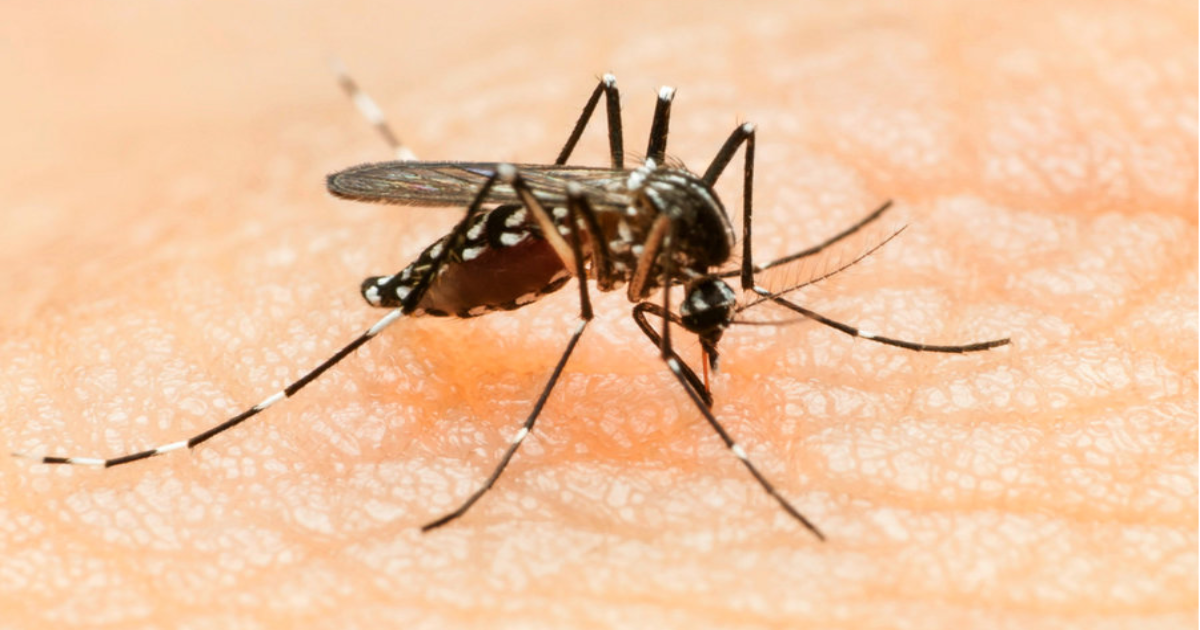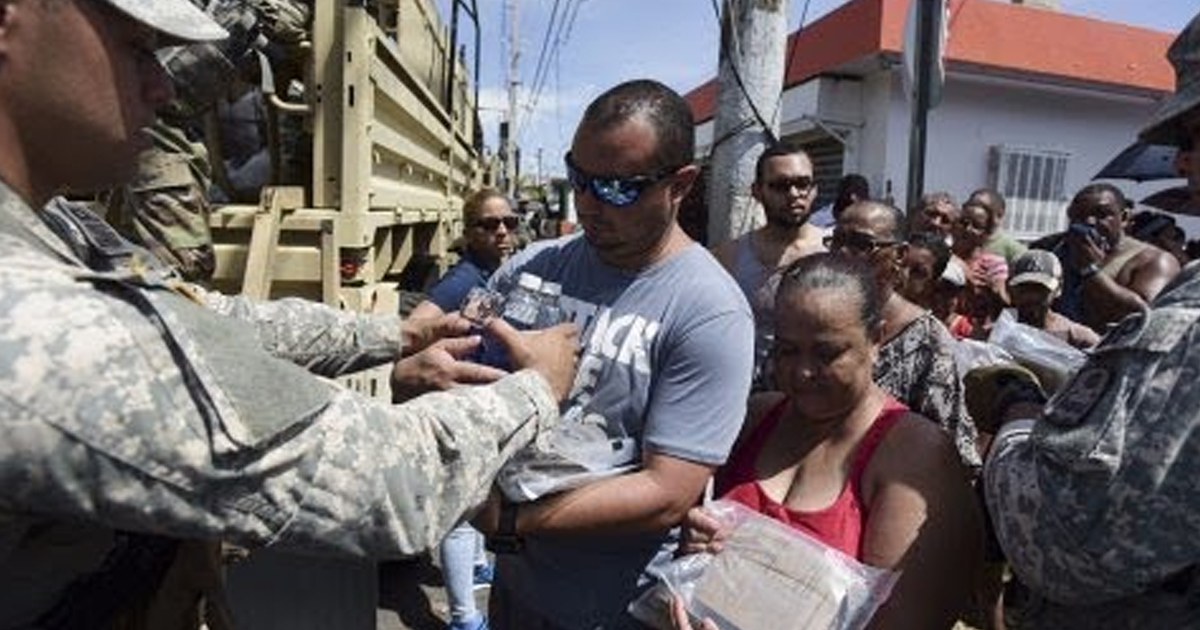Stories about the zika virus are rampant in the news and the World Health Organization has declared it a “public health emergency.” The virus is normally transmitted by a certain species of mosquito. This week however, doctors in Texas have discovered that it may be sexually transmitted as well.
The disease-carrying aedes aegypti mosquito is a jungle-dweller by nature, but it also thrives in urban environments. In addition to Zika, the mosquito is also responsible for yellow fever, dengue fever and chikungunya, yet another virus that is spreading across the globe. Until recently, Zika was primarily a tropical disease that is becoming an epidemic in South and Central America. Over 30 cases have been reported in the U.S., but until now those were from people who had traveled and were infected with the virus in other places. The first case of the virus being transmitted in the United States was reported this week – and the evidence indicates that it was spread to the victim through sexual contact. According to local officials in Dallas where the case appeared, the victim’s partner had been traveling in Venezuela.
In most cases, the Zika virus is mild. The victim may experience such symptoms as fever, skin rashes, muscle and joint pain, headaches, reddened eyes and fatigue. These symptoms generally pass within a week, with the patient no worse for wear. However, the mosquito-transmitted virus has been implicated in a sharp increase in the number of babies with a rare birth defect known as microcephaly. These infants are born with abnormally small heads and underdeveloped brains. Over the past several months, there has been an unusual rise in the number of infants born with this condition in regions where the mosquito thrives. There has also been a rise in patients suffering from a nerve disorder known as Guillame-Barré Syndrome, which can leave a patient permanently paralyzed.
According to estimates, zika virus infects approximately 1 million people throughout Latin America. Health experts recommend that people planning to travel in tropical regions where the disease has been spreading take the usual, common-sense precautions against mosquito bites – and now, sexually-transmitted diseases as well.



